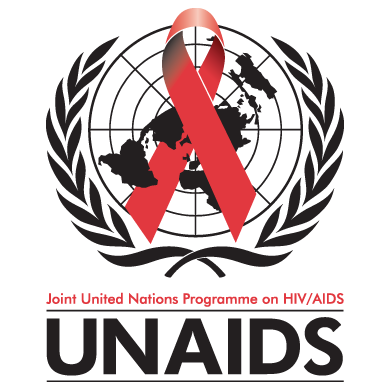The leader of the UN AIDS agency warned on Monday that if American support for the largest AIDS program is withdrawn, new HIV infections could surge more than sixfold by 2029. This could lead to millions of deaths and the emergence of more resistant strains of the virus.
In an interview with The Associated Press, UNAIDS Executive Director Winnie Byanyima noted that HIV infections have been declining in recent years, with only 1.3 million new cases reported in 2023, marking a 60 percent drop since the virus peaked in 1995. However, following President Donald Trump’s announcement to freeze all foreign aid for 90 days, Byanyima indicated that by 2029, there could be 8.7 million new HIV infections, 6.3 million deaths related to AIDS, and an additional 3.4 million children left orphaned.
Byanyima stated from Uganda that there will be an increase in this disease. She emphasized that lives will be lost if the American government does not reconsider its stance and continue its leadership role. While she noted that it was not her position to critique any government’s policies, she urged the Trump administration to avoid making sudden cuts to funding, which she claimed have led to panic, fear, and confusion in numerous African nations severely affected by AIDS.
In a particular county in Kenya, it was reported that 550 HIV workers were abruptly dismissed, while numerous others in Ethiopia faced termination, resulting in health officials being unable to monitor the epidemic effectively.
She emphasized that the reduction of US funding for HIV programs in certain nations has had devastating consequences, as external financial support, predominantly from the United States, constitutes approximately 90 percent of these initiatives. She mentioned that nearly USD 400 million is allocated to countries such as Uganda, Mozambique, and Tanzania.
We can collaborate with the Americans on strategies to reduce their financial contribution if they choose to do so, she stated. Byanyima characterized the American withdrawal from global HIV initiatives as the second most significant crisis the field has encountered, following the prolonged delay that poor countries experienced in accessing lifesaving antiretrovirals that had long been available in wealthier nations.
Byanyima emphasized that the reduction of American support in the fight against HIV is occurring at a particularly crucial moment, coinciding with the introduction of what she referred to as a groundbreaking prevention tool, lenacapavir. This biannual injection has demonstrated complete efficacy in protecting women against HIV and has shown nearly equivalent effectiveness in men.
According to Byanyima, the widespread adoption of this injection, alongside other HIV prevention strategies, could potentially eliminate the disease as a public health concern within the next five years. She highlighted that lenacapavir, marketed under the name Sunlenca, was developed by the American firm Gilead.
Byanyima pointed out that international aid has enabled an American company to innovate and create a product that could generate substantial profits while simultaneously preventing new infections globally. She argued that the halt in American funding lacks economic rationale.
She urged the U.S. government to reconsider this decision, stressing the mutual benefits involved, and noted that foreign assistance constitutes less than 1 percent of the total U.S. budget. She questioned the necessity of causing such disruption over that small fraction.
Byanyima remarked that, thus far, no other nations or donors have emerged to compensate for the anticipated loss of American aid. However, she intends to visit several European capitals to engage with global leaders. She expressed concern that lives will be lost due to the withdrawal of essential resources, stating that while she has not yet seen any European country commit to providing support, she is aware that they are attentive and exploring ways to assist, motivated by their commitment to human rights and humanitarian values.






